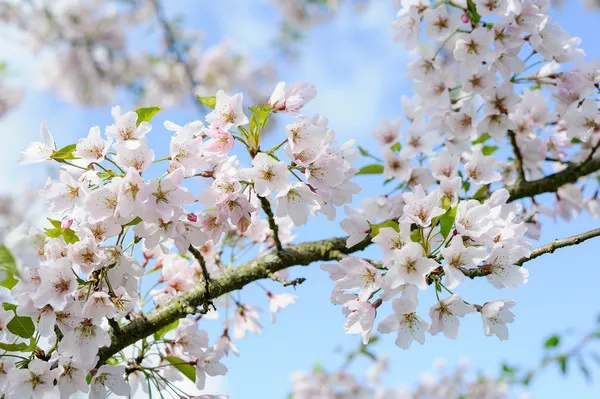In the realm of agricultural sustainability, bees play a pivotal role as pollinators, but their ability to thrive is increasingly threatened by human-induced environmental changes affecting their foraging habitats. Addressing these concerns, researchers from York University, publishing in Frontiers in Sustainable Food Systems, have unveiled critical insights into the nutritional needs of bees.
Dr. Sandra Rehan, senior author of the study, emphasized the gaps in understanding the dietary requirements essential for bee health: “Despite growing interest in pollinator conservation, there remains scant knowledge about which plant species best support bee nutrition.” The research focused on assessing the nutritional value of pollen from 57 distinct plant types, revealing that bees benefit from a diverse diet rich in both fatty acids and essential amino acids.
Pollen serves as a vital source of proteins, lipids, and essential nutrients for bees, complementing the carbohydrates they derive from nectar. The study highlighted that alterations in pollen availability and quality due to human activities pose significant risks to bee health.
Critical findings indicated that bees require a balanced intake of non-esterified fatty acids, such as omega-6 and omega-3, crucial for longevity, immune strength, and resilience against environmental stressors. However, imbalanced ratios of these nutrients can lead to cognitive impairments in bees. Essential amino acids were also identified as vital for cognitive health and reproductive success, although excessive consumption may heighten susceptibility to certain parasites.
To determine optimal plant species for bee nutrition, researchers collected and analyzed pollen samples from a diverse array of plants across North America. They evaluated levels of amino acids, fatty acids, and protein-to-lipid ratios, focusing on species significant to northeastern wild bees and their prevalence in natural habitats.
The study underscored that while closely related plant species may offer similar amino acid profiles, variations in fatty acid content suggest potential trade-offs in nutritional value within pollen sources. Dr. Rehan emphasized the benefits of a varied floral diet for bees, noting, “No single plant species emerged as universally optimal for wild bee health.”
The research advocates for the promotion of plant species like roses, clovers, red raspberry, and tall buttercup in wildflower restoration projects, aligning with their nutritional suitability for bee populations. Importantly, the study indicated that endemic species did not necessarily offer superior nutritional benefits compared to introduced species, emphasizing the need for diverse floral resources.
Dr. Rehan expressed hopes that these findings will guide the selection of flowering plants in pollinator gardens, encouraging further research into the nutritional preferences and survival outcomes of bees across different dietary regimes. “While this study focused on 57 plant species, the vast diversity of floral profiles necessitates continued research,” she concluded, underscoring the importance of ongoing investigations into bee nutrition.
This study not only illuminates the intricate dietary needs of bees but also underscores the imperative of biodiversity in sustaining healthy pollinator populations amidst evolving environmental challenges.


